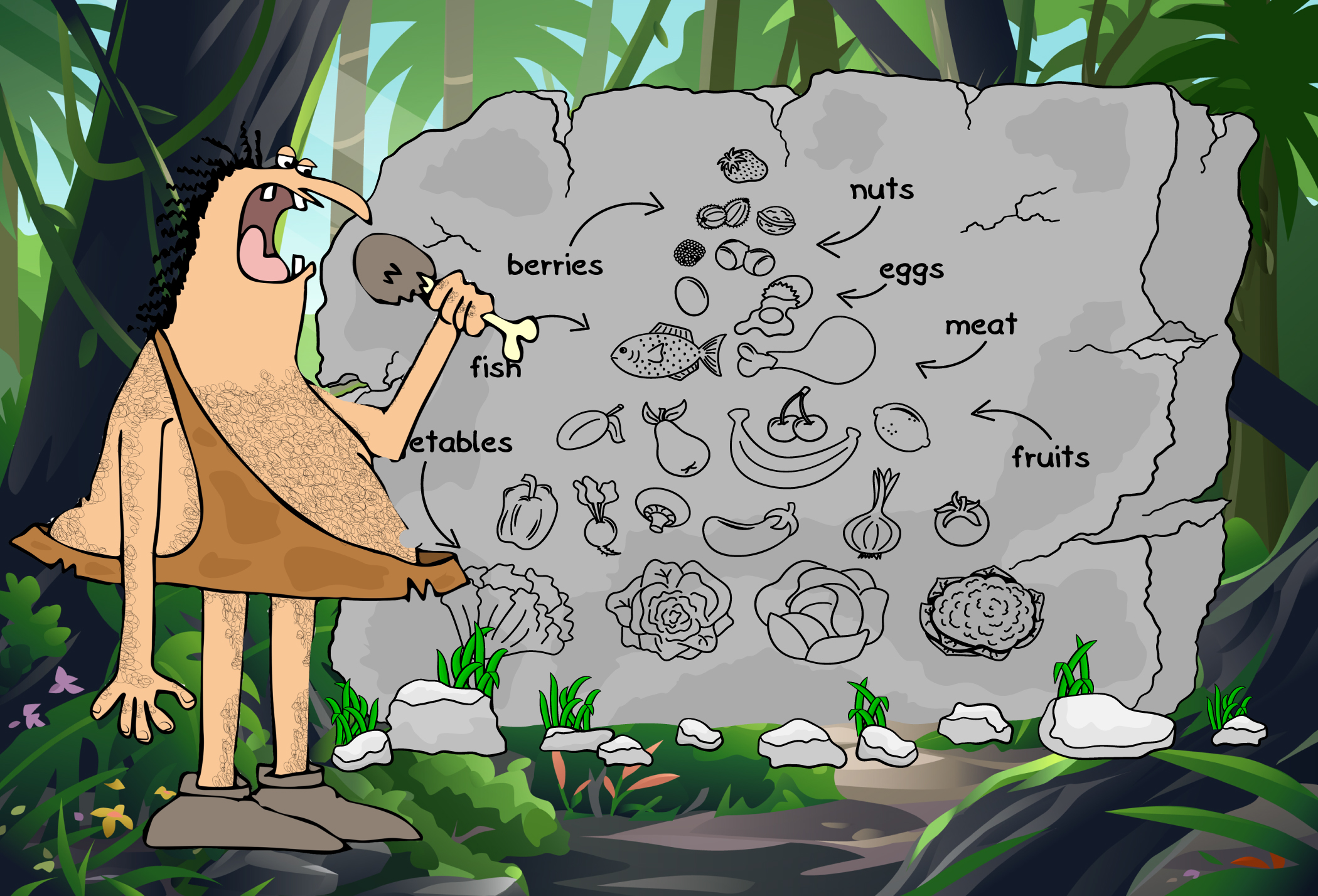How Weight Loss Fads Reflect Society’s Deepest Values
By Jamie Bussin
Diets are a relatively new cultural phenomenon. Our hunter-gatherer ancestors worked to find enough food to eat. Being ‘fat’ used to signify wealth. Who else had enough resources to eat too much food? But as a society, when obesity became more prevalent, diets emerged.
Cultural historian Adrienne Bitar published Diet and the Disease of Civilization, the first cultural analysis of popular weight loss diets. While our attitudes towards diets over the past 150 years tended to be belittling or dismissive, she found that if you read the texts, you’ll find that their entire philosophies, entire lifestyle changes, articulate different ways of being in the world. We spoke about this in Episode #368 of The Tonic Talk Show/Podcast. This is a summary of that discussion.
Diets can be seen as a reflection of our societal values, particularly in the Western world where we have a quest for infinite perfection. You may relate to the notion that we’re not just condemned to live the life that’s set out for us when we’re born; that we can pull ourselves up by our bootstraps, we can remake ourselves, our lives, our societies. In the same way we can restructure our diet to resist disease such as obesity.
In researching over 1000 diet books Professor Bitar noted a repetition in the stories being told – telling the same tale as a chorus rather than a work of innovation. The diet books start by stating that it is different from previous diet books, and then proceed to claim that they espouse not a diet but a lifestyle. And then, of course, the diet book will proceed to repackage the same information. The conclusion, always the triumphant transformation of the hero (author) achieving their goal.
If you’re a frequent reader or listener of The Tonic, that formula…essentially my transition from overweight commercial litigator to health and wellness publisher/expert (which I assure you is 100% true) may sound very familiar.
What is considered to be the very first cookbook, which in fact was a pamphlet, was published by William Banting in the United Kingdom in the19th century. He took an empathetic approach – I was once like you, but now I’m on the other side. I can identify with your struggle…and that’s why you should believe me.
The “Paleo Diet” is a modern example which typifies the larger narrative structure of diets. Professor Bitar explains: “There is a romantic approach to understanding how we as human beings are misaligned with the formalities and accoutrements of civilizations that we’ve built. So the Paleo Diet hypothesizes a fundamental mismatch between the sort of messy organic biology of being an animal, of being a human being and having a body and feeding it, and the rigid conformity of, for example, living in a house or being married to one person, or wearing shoes or eating Cheetos.”
So it isn’t just a diet, but rather a comprehensive philosophy that’s actually quite profound in what it articulates about what it means to be alive. Who are we as human beings? How do we reconcile the idea that we’re animals with the responsibilities of living in society? The underlying message is actually a deep and all-encompassing political philosophy about how we manage the messiness of being alive within the rigid structures of society we’ve built for ourselves to tame ourselves.
The diet book isn’t really about food. Food is just the entry point. You forsake “modern” foods (such as Cheetos) for the meat and vegetables that our ancestors hunted and gathered. It is an entry to a worldview that might lead to the barefoot movement or polyamory. “All these things that we take for granted living in the 21st century. They call into question and really try to reckon with the responsibility of living in society.”
I see the Paleo Diet, and perhaps the Keto Diet as being masculine, perhaps Republican style conservative in its consumption of meat. Whereas Blue Zone diets, vegetarian and vegan diets as being more liberal, espousing conservation and smaller footprints.
Dr. Bitar thinks that the rogue masculinity of the Paleo Diet actually was attractive to women when it first appeared circa 2014/2015. For years, diets marketed to women were mostly about counting calories or Weightwatcher points so that they could fit into their little black dress for a school reunion. Demographically the Paleo Diet split roughly 50/50 for men and women.
She elaborates. “I looked at earlier paleo papers and books that predate the current movement, in the 1960s and 1970s, and I found quite a few books that actually talked about ‘cave people’ which is a term I like instead of ‘cavemen’, and how in fact that hunter-gatherers lived in sort of sexual harmony and there was a different way of structuring the relationship between men and women. That made it feminist, a sort of feminist text embedded in what became known as sort of a more masculine-leaning diet.”
It is precisely that romanticization that drives the popularity of the diets and diet books being promoted.




